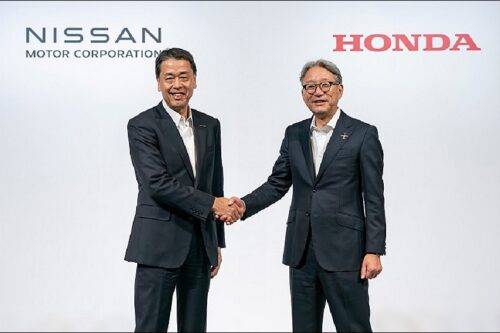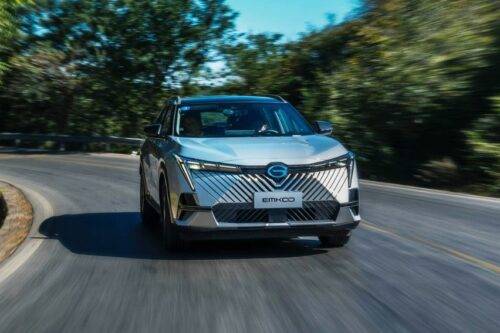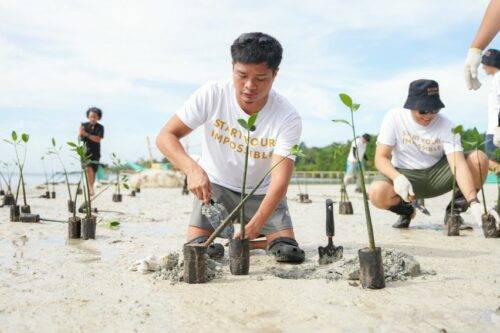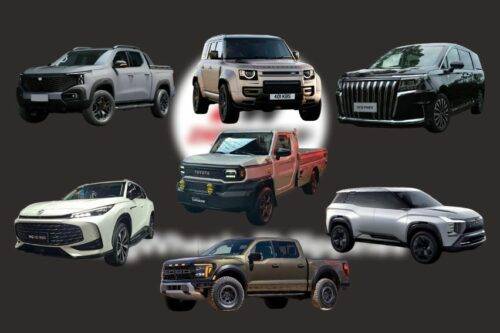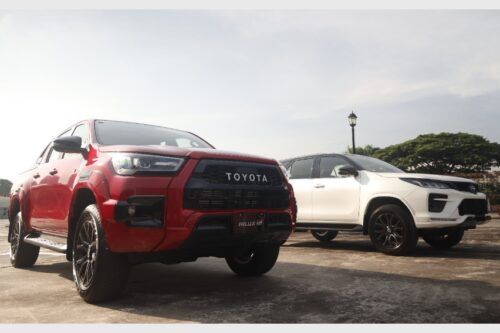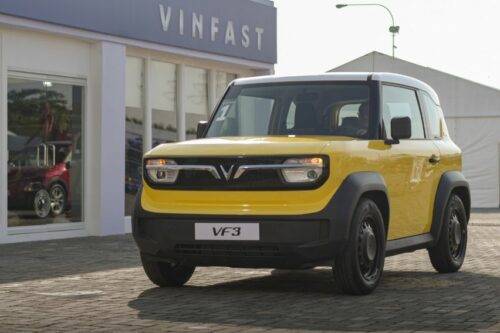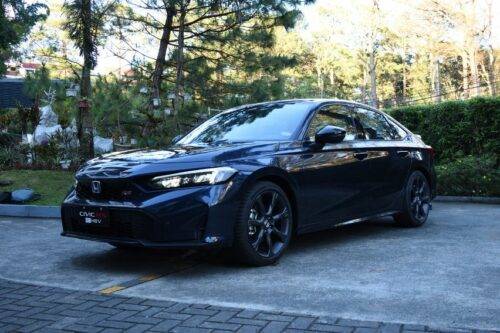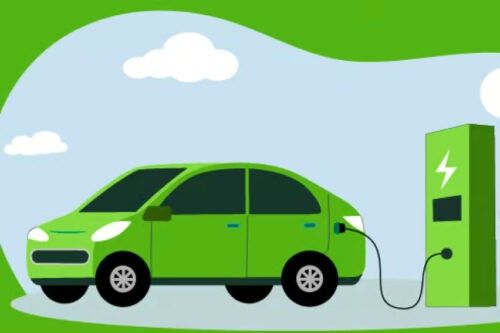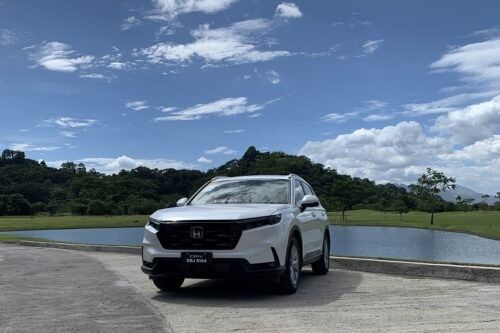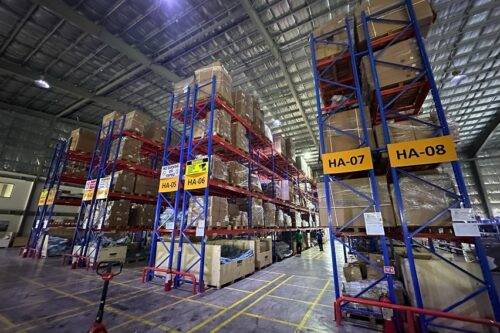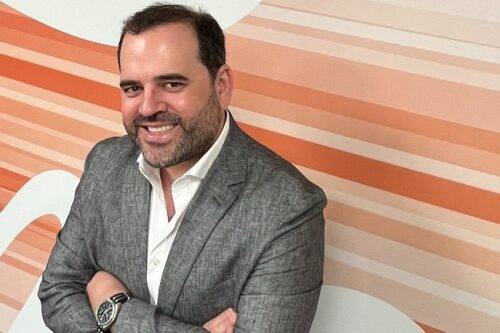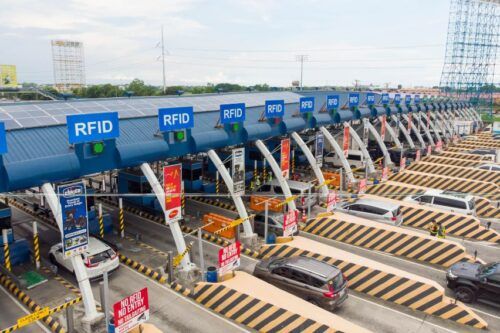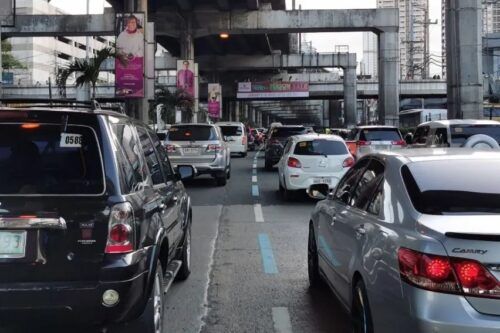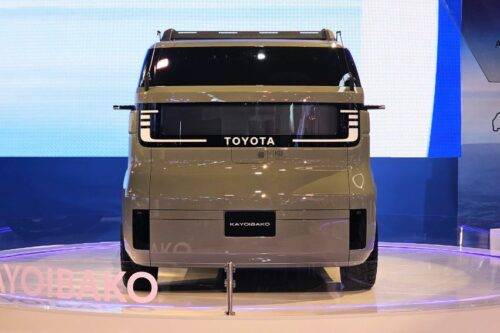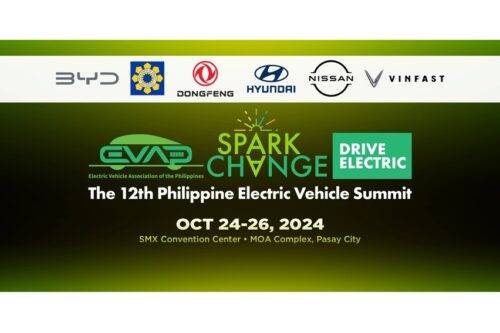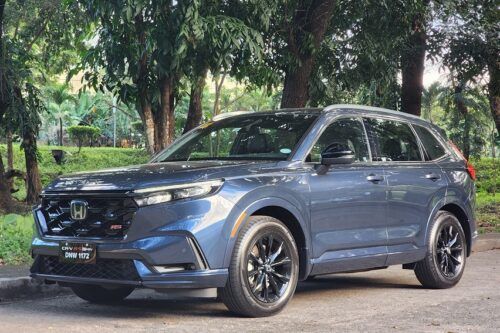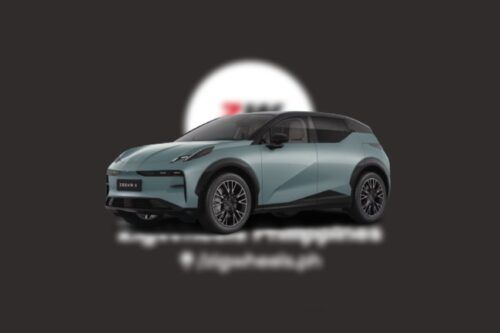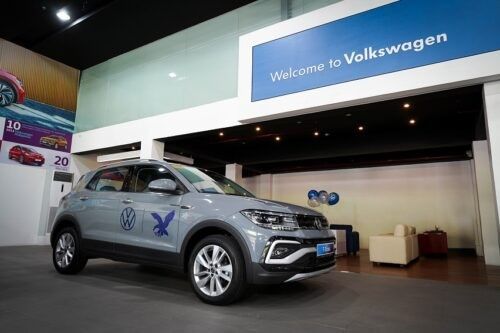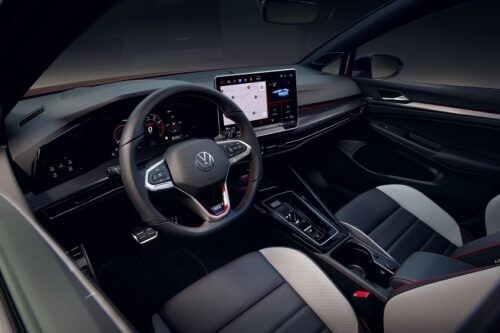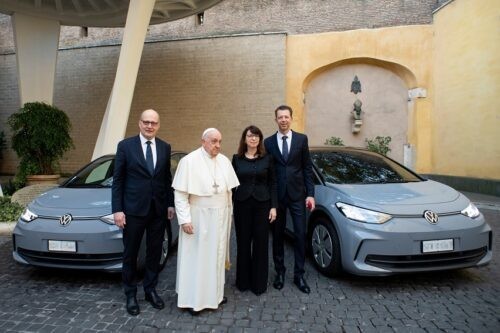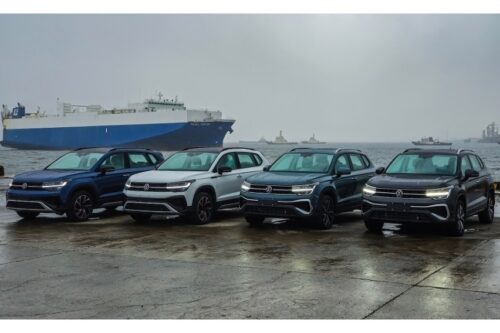Volkswagen leads research team aiming to recycle batteries numerous times
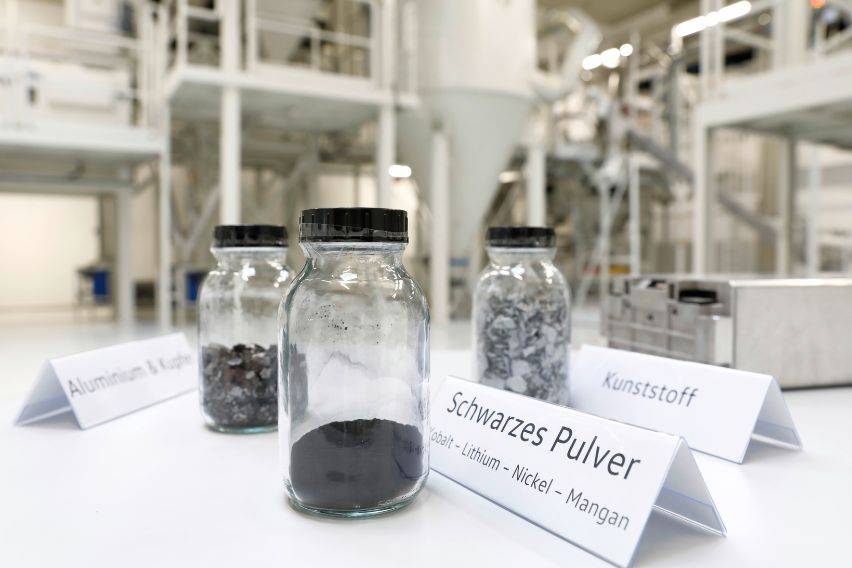
MANILA: Volkswagen's industrial and scientific partners aim to demonstrate that the most essential components of traction batteries may be recovered and reused numerous times in succession through recycling. The HVBatCycle research consortium aims to keep cathode metals, electrolyte, and graphite permanently in a closed material cycle (closed loop). Under the leadership of the Volkswagen Group, Taniobis GmbH, J. Schmalz GmbH, and Viscom AG have been collaborating with researchers from RWTH Aachen University, TU Braunschweig, and the Fraunhofer Institute for Surface Engineering and Thin Films (IST) for three years to explore and develop the required processes. The Federal Ministry for Economic Affairs and Climate Action is funding the project.
KEY TAKEAWAYS
What is the objective of the research project?
The objective is to permanently recover valuable materials in order to ensure sustainability and security of supply.With what groups and institutions is Volkswagen collaborating for the project?
Under the leadership of the Volkswagen Group, Taniobis GmbH, J. Schmalz GmbH, and Viscom AG have been collaborating with researchers from RWTH Aachen University, TU Braunschweig, and the Fraunhofer Institute for Surface Engineering and Thin Films (IST) for three years to explore and develop the required processes. The Federal Ministry for Economic Affairs and Climate Action is funding the project.In a statement, Federal Ministry for Economic Affairs and Climate Action Parliamentary State Secretary Michael Kellner said, “European battery production can only be successful if it focuses on sustainability in as many areas as possible. Sustainable batteries are crucial for an energy and transport transition that is guided by high environmental and social standards.”

Essential raw materials must be recovered not once, but multiple times in order to consume less materials from primary sources such as mines or salt flats. To this end, battery cells produced from recycled materials are recycled once again, demonstrating that several recycling runs have no effect on material quality. Closing the cycle necessitates multifaceted processes. For effective and environmentally and economically sensible recycling, all processes must be synchronized with one another to create sorted and high-quality secondary materials under the strictest safety standards. This is about scalability and, more specifically, economic efficiency.
The consortium project concentrates on the mechanical-hydrometallurgical recycling approach, which is distinguished by low energy requirements and the ability to decentralize some recycling processes in Europe. This encourages a local circular economy and ensures the supply of strategically essential raw materials, reducing Europe's reliance on other parts of the world. The HVBatCycle project will explore efficient methods and new solutions to enable the creation of a high-efficiency end-to-end value chain while also maximizing recycling and energy efficiency and reducing environmental impact.
Concrete innovative development approaches lie in a demand-oriented discharge and a highly automated disintegration of declining battery systems down to the cell or electrode level. This also involves recovery of graphite and extremely volatile electrolyte components as well as almost loss-free separation of active material and carrier foils.
The focus of the subsequent hydrometallurgical processing of the "black mass," which is composed of graphite and battery metals, using water and chemical solvents, is on early and selective lithium extraction in soluble form, as well as leaching, precipitation, and refining of contained metals as a mixed hydroxide concentrate. In conjunction with the renewed material synthesis of cathodic active material, it will be examined whether the separation of metal compounds is indeed essential to produce new, fully high-performance cathode material.
Volkswagen AG is very interested in establishing a closed loop of cell materials as part of its battery strategy and sustainability strategy, and has therefore taken on management of the project. The Group's Technology division assures the production and supply of recyclable material from vehicle batteries with the pilot plant for mechanical recycling at the Salzgitter components site. Moreover, the Salzgitter Center of Excellence's cell manufacturing expertise is used to create new cells from 100% recycled material.
“The recycling of batteries and production rejects makes a decisive contribution to securing the supply of raw materials for our planned factories. Through the HVBatCycle project, a holistic view of the recycling processes and thereby the implementation of the closed loop of battery materials is being prepared,” Volkswagen AG Battery Cell Chief Operating Officer Sebastian Wolf stated.
Photo from Volkswagen
Also read: Volkswagen opens Battery Engineering Lab in Tennessee
Sell your car at the best price
 Verified and genuine buyers
Verified and genuine buyers
Volkswagen Car Models
PIMS 2024
Trending & Fresh Updates
- Latest
- Popular
You might also be interested in
- News
- Featured Stories
Volkswagen Featured Cars
- Popular
Latest Volkswagen Car Videos on Zigwheels

Volkswagen Car Articles From Carmudi
- journal












